![A mother of five from Artsakh prepares sweets using the last remaining ingredients at home and shares them with neighboring children. [Blockade from the inside]](https://cdn.infocom.am/enlarge?file=2023-08-07-a38344bf-93f4-46f3-be0d-27ad2e27cf27.jpg&type=jpeg&width=900&height=506)
A mother of five from Artsakh prepares sweets using the last remaining ingredients at home and shares them with neighboring children. [Blockade from the inside]
For so many days I have been conveying the story of the blockade to the readers through the voices of our fellow Artsakh residents, repeatedly emphasizing that there is no food, no electricity, no gas, no water at times, no fruits, no vegetables, no medicines, no transportation, no childhood, all due to the closure of the only lifeline that connects Artsakh to Armenia for over seven months by Azerbaijan. Under these conditions, those who have managed to save something are nearly depleting their reserves and those who still possess something are attempting to share it with their fellow compatriots.
Lusine Sahakyan from Stepanakert, a mother of five, is cooking sweets and sugar cubes using the remaining sugar at her home. She then distributes these treats to the children in her neighborhood and her neighbors.
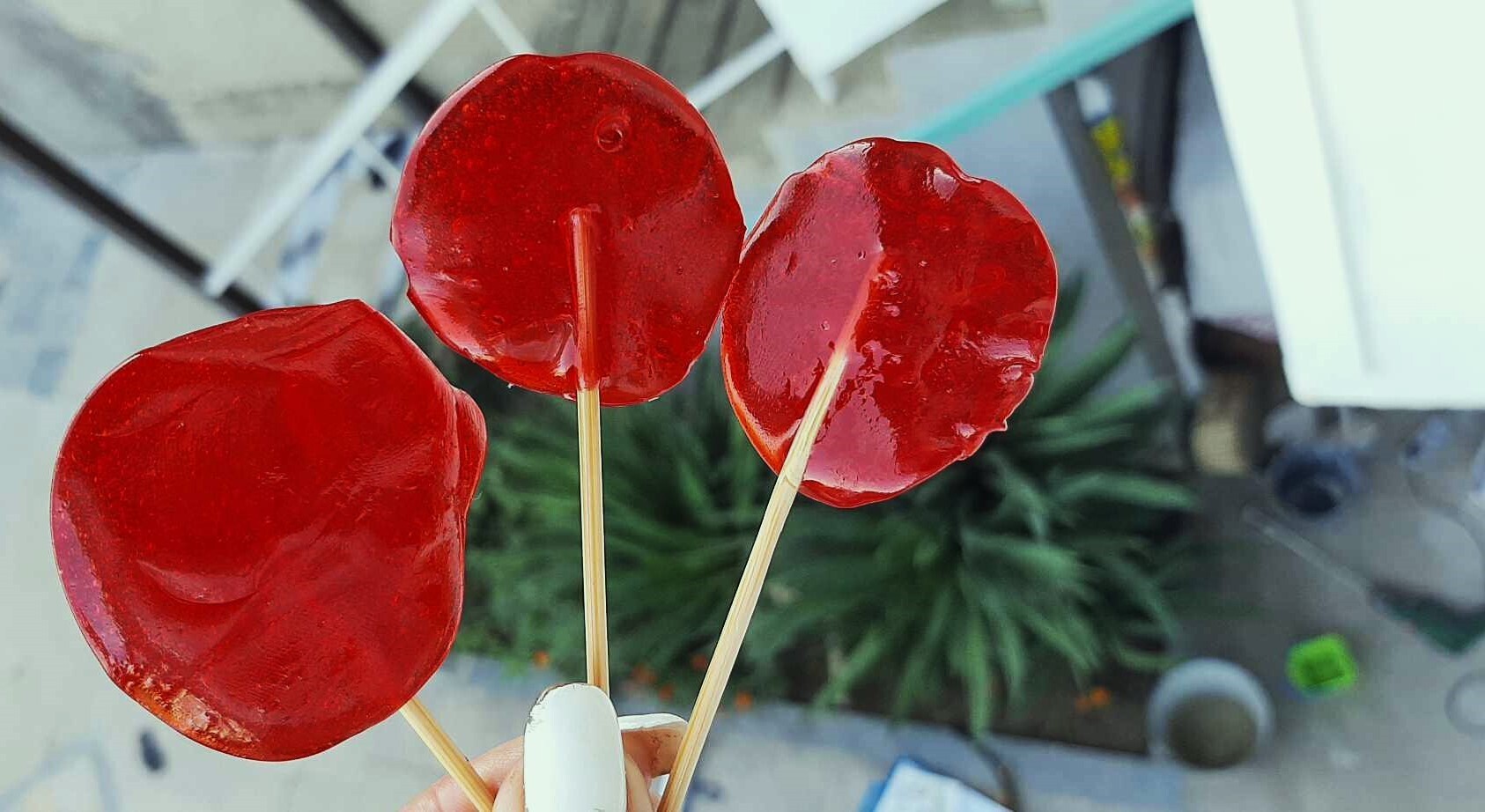
At one point, Lusine had a small confectionery production. However, she temporarily paused it when her children were born. During the blockade, when the road was not completely closed yet, she managed to buy supplies again to resume her confectionery efforts. Until June, she could still manage to cook, but since June 15th, no products have entered Artsakh from Armenia at all. Lusine made the decision to conserve some of her supplies: a small amount of sugar, a bit of flour, a little salt... Today, the situation has reached a point where people use what they have saved. As my interlocutor explains, she can't sell the products.
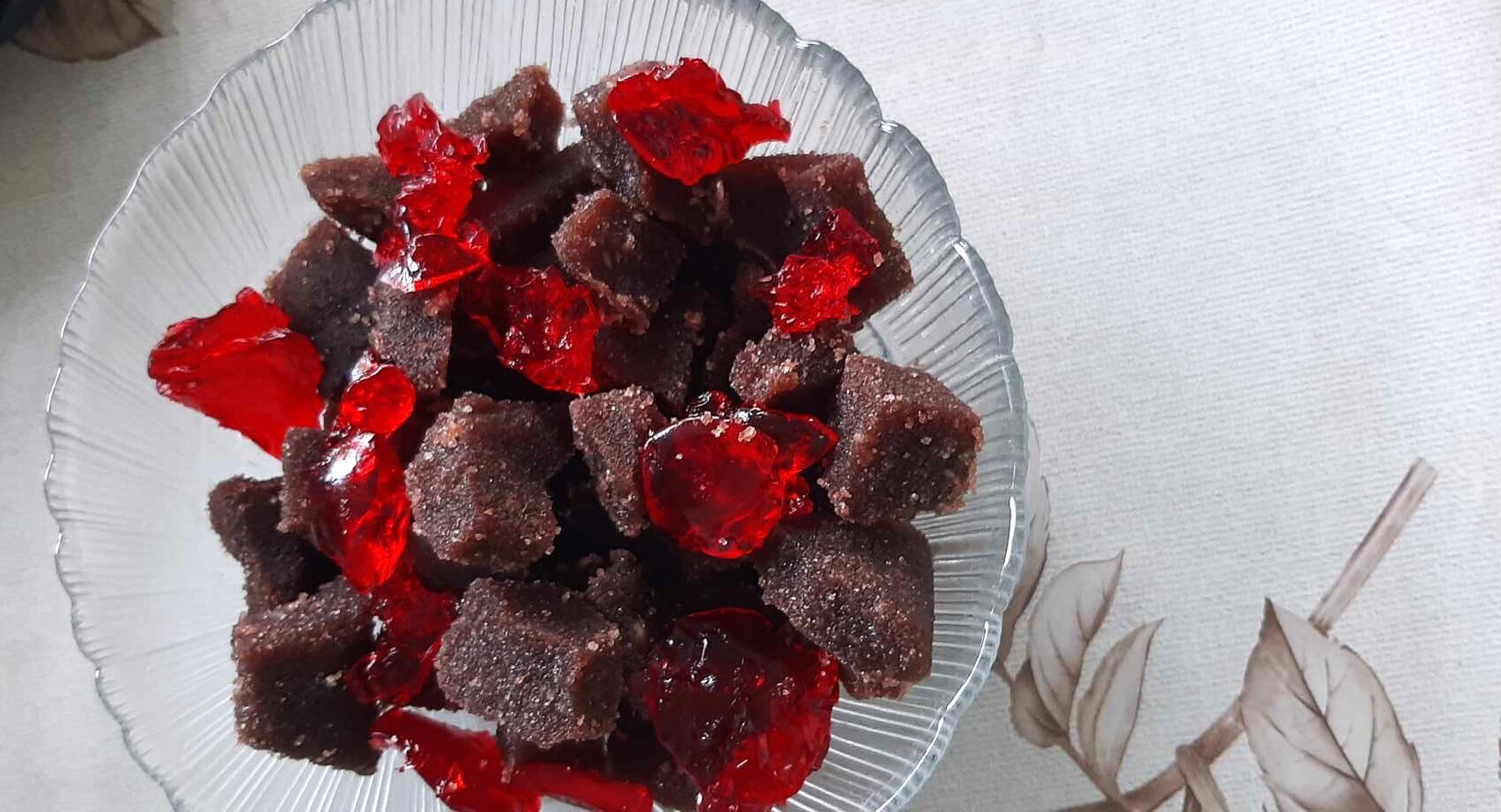
"I worked for a couple of months, then the roads were closed. There were times when there was no salt, no sand, and even the flour quality was poor. Due to the scarcity of products, I chose to wait and avoid using the last remaining supplies. Then I began sharing with others. I even gave a cup of sugar from the entire bag. A mom of an eight-month-old child asked for sugar. She offered to pay, but I refused to take money. I couldn't accept it. I gave it to the child to ensure they have something," says Lusine, with her voice reflecting deep care and compassion.
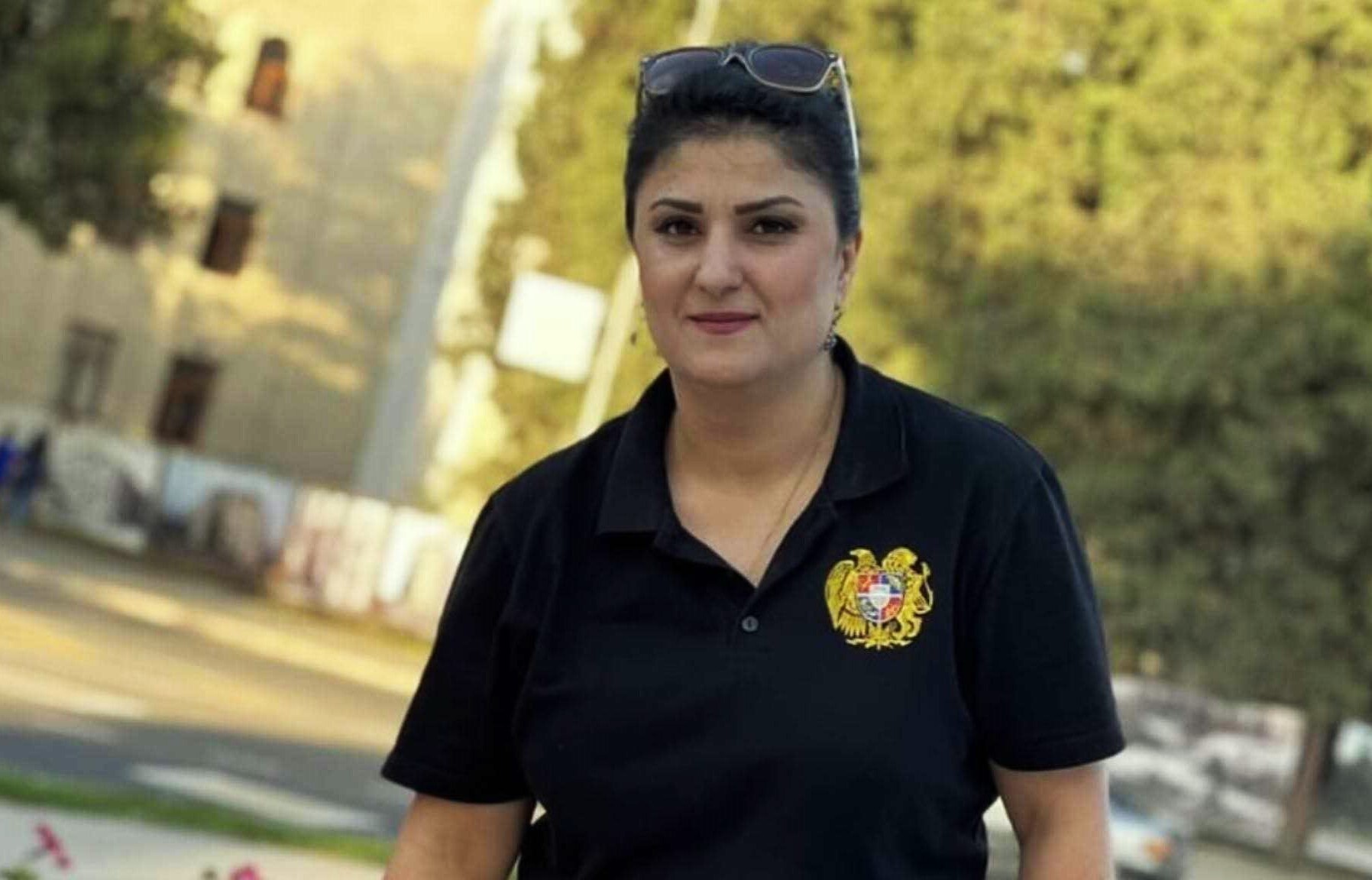
Lusine Sahakyan
Then she baked cupcakes and shared them with the children in the neighborhood. She even took a bag with her when she went to the dairy and waited in line. "At six in the morning, we joined the queue at the dairy shop where 350 people were already waiting. People had been sitting and waiting in line all night. However, I returned empty-handed as I couldn't bear to witness such scenes. A child even fainted. I took the cupcakes with me in case there would be children in the queue. As expected, there were several kids standing nearby. I handed the bag of cupcakes to the children and told them to share with eachother and eat so they wouldn't faint."
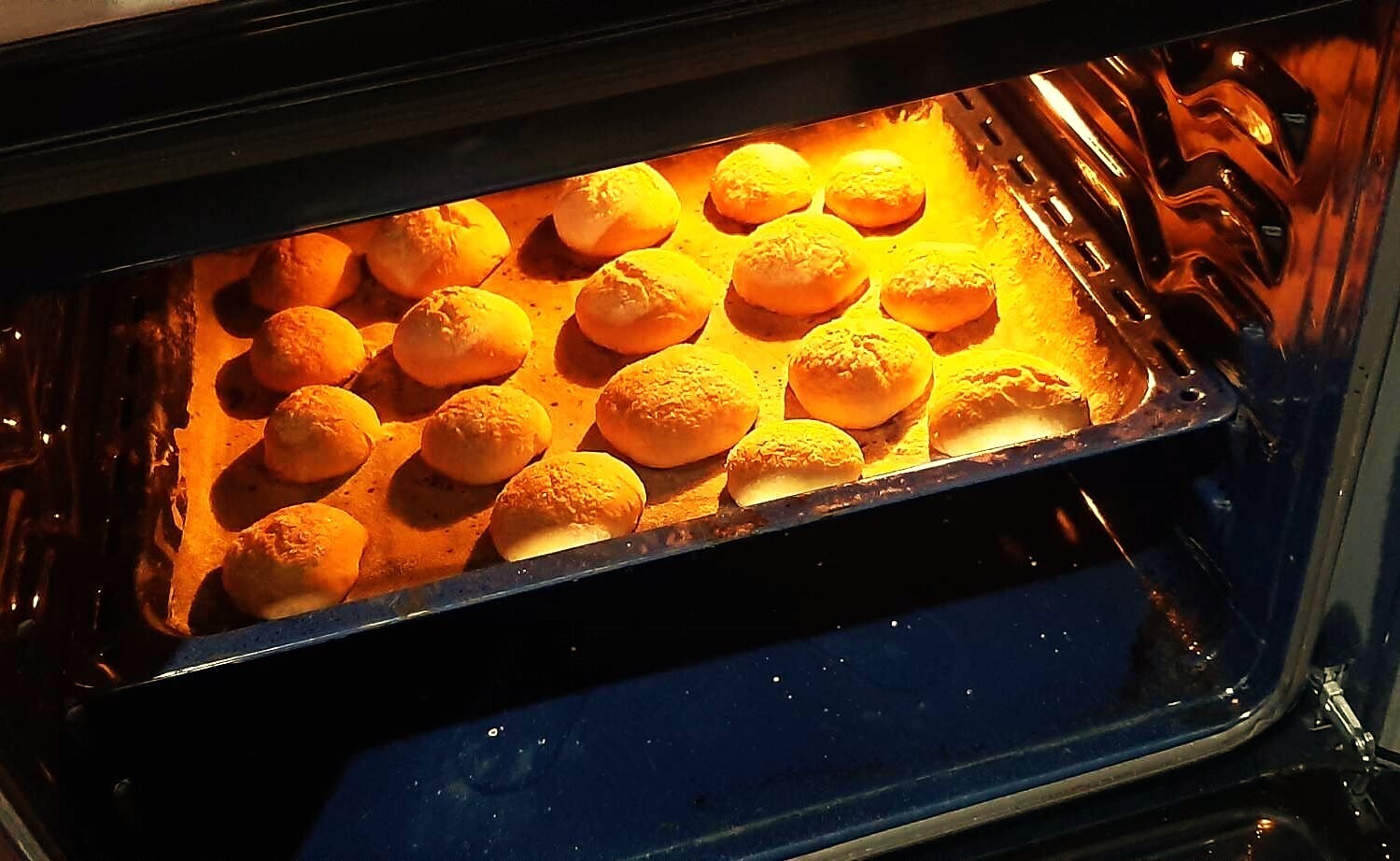
In the outskirts where Lusine resides, the situation is slightly more manageable. She mentions that the central areas are experiencing dreadful queues, and there are individuals who can't endure it – they're lying on the ground with their children.
Lusine sends me a photo of an elderly woman seated on a stone, clutching two pieces of bread in her hands. The elderly woman endured the scorching heat and walked for an extended period, making her way to the bakery. She patiently waited in line from midnight until dawn.
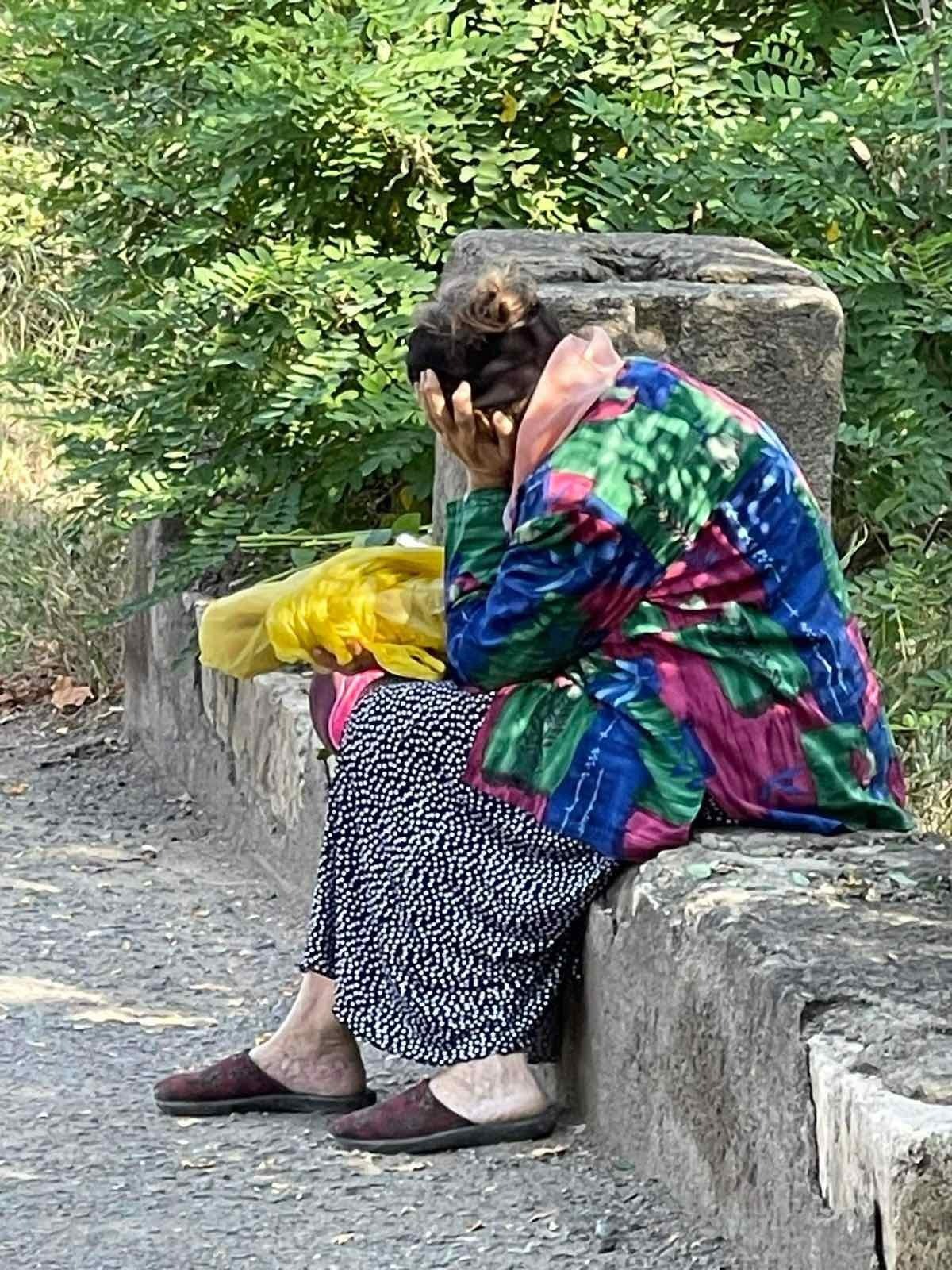
Yesterday Lusine made sugar lollipops, shared with children, and made sugar cubes for the elderly․
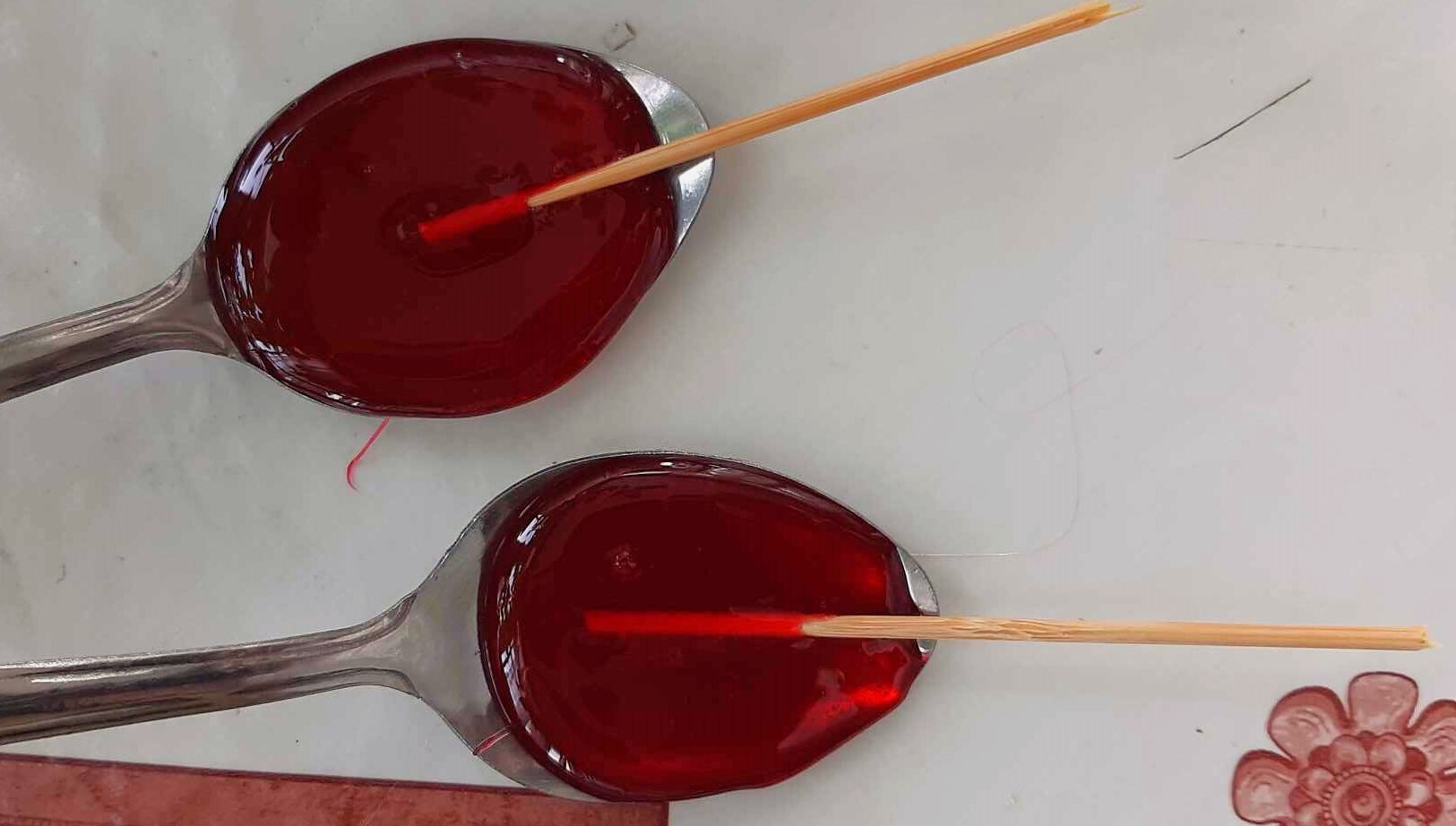
Lusine, who is employed at the Ministry of Social Development in Artsakh, has coordinated with the orphanage director to deliver sweets to the children in the orphanage in the upcoming days. "I decided to confirm the exact number of children and prepare cupcakes and sugar cubes to deliver to them. They need it more since others might have more options to find stuff. When people tell me to save it for my kids, I answer that I'm one of you, I can not sell but give away," says Lusine, who continues to treat the neighboring children with sweets.
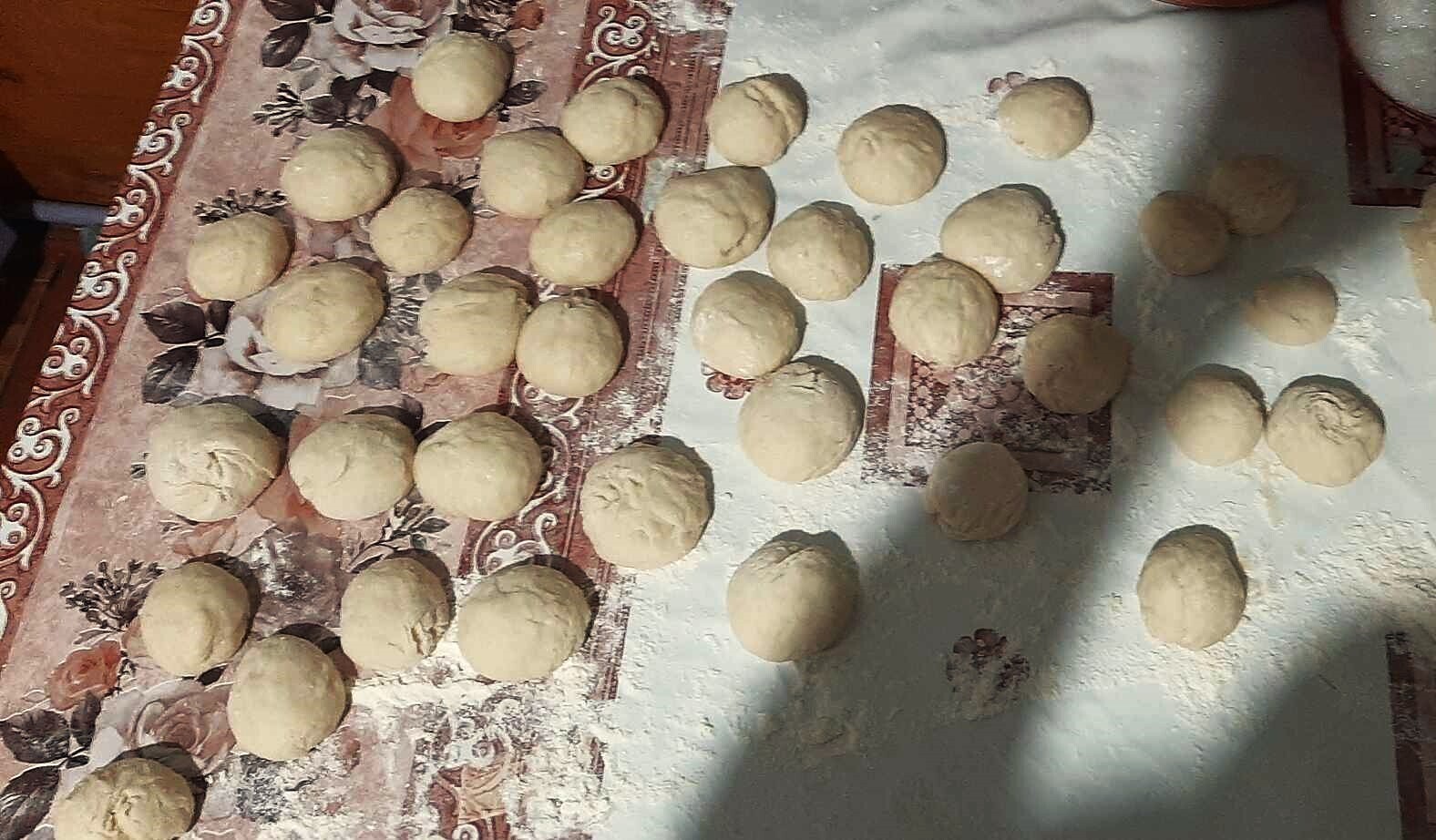
Lusine grows some vegetables in the garden, where she still manages to harvest some tomatoes, cucumbers, and potatoes, although it's not a limitless source. Currently, bringing goods from the villages to the city has become impossible. Lusine's children no longer like pasta, like many other children, they require vitamins and proper nutrition, which has become increasingly challenging to obtain. Her children are 17, 16, 9, 6, and 4 years old.
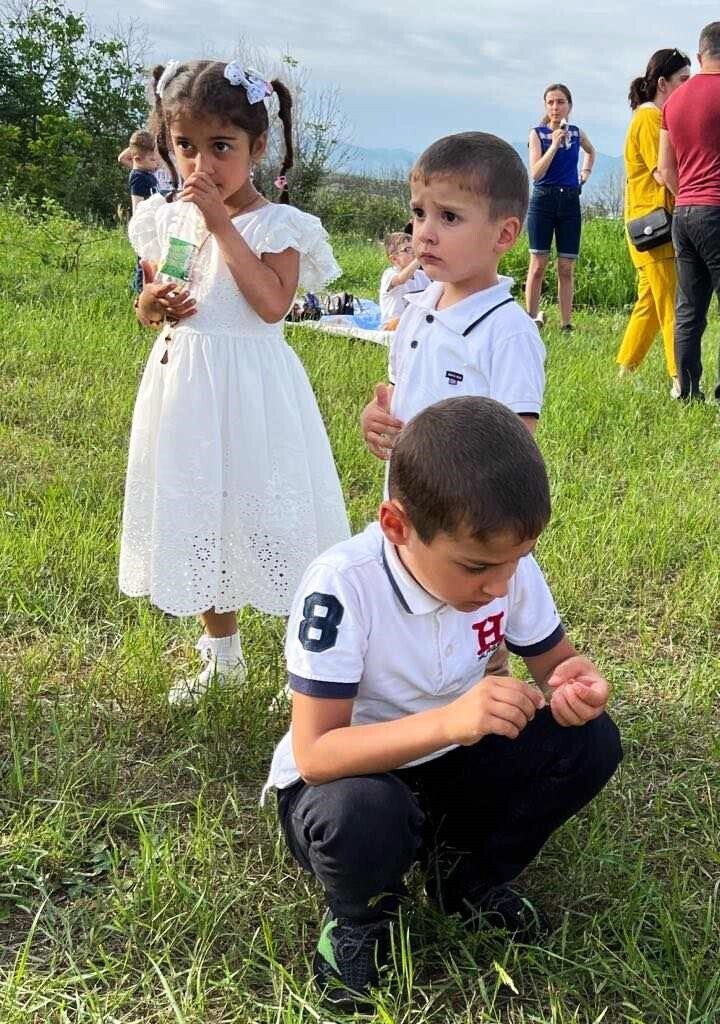
Lusine's father participant in all Karabakh wars.
He participated in all the wars to defend Artsakh and was seriously wounded during the first war. Lusine recalls that in the nineties, when her father participated in the liberation of Karvachar, he called his brother [Lusine's uncle] on her birthday and said that they should definitely celebrate his daughter's birthday, as he might not be able to return...Lusine refused, saying that she wouldn't have a single birthday without her father present.
"A few weeks ago, my father was told this story, he wasn't aware of it before. Tears welled up in my father's eyes. I remember those days, my uncle was speaking to my father from the outside, and I overheard my father saying that they should celebrate my birthday every year no matter what. After that I didn't like my birthday. Later, my father returned triumphantly, yet wounded and covered in blood, I witnessed that. Now, I can't congratulate... What kind of victory is it? But I hope that I will be able to congratulate him on that day again," Lusine says, and I recall that on the night of November 9, this thought lingered in my mind. I was contemplating how I would congratulate my father on May 9. Shortly after my father died and now I stand in silence by his grave on that day. But I give Lusine hope, assuring her that she will have the chance to congratulate her father on that day again.
"I hold onto hope that God will guide us through this, and even if countries remains silent about the situation, we trust that God sees everything. We must continue to love and support one another, coming together to resist and persevere. We are ready to face hunger only to stand on our land, as this is our unwavering goal. We hold onto this hope," Lusine says. Despite having the option to leave the country, they have chosen to stay, determined to continue living in their homeland. Lusine's father-in-law lost his life in the Karabakh war. His family fled from Baku as refugees. In the late 80s, they arrived in Spitak, but their arrival was marked by the earthquake. Miraculously escaping from the rubble, they managed to reach Artsakh. Afterwards, his father went to war and died. "My husband says that his father came here and gave his life for this land, so he can't imagine leaving now. It's a tragic story...but we don't want to leave."
Currently, their family is in the process of repairing the house and organizing the basement. Lusine says that no matter what they should have well-maintained shelters, as one can never predict if another war might erupt.
Since December 12, 2022, Azerbaijan has closed the only road connecting Artsakh to Armenia, the Lachin Corridor. On April 23, 2023, the Azerbaijani side closed the Hakari bridge on the Artsakh-Armenia border, which was in the area of responsibility of the Russian peacekeeping troops in the Lachin corridor, thus deepening the humanitarian crisis. An Azerbaijani checkpoint was installed on the Hakari bridge. Since June 15 of this year, Azerbaijan has banned all humanitarian transportation through the Lachin Corridor. After that, the ICRC was only able to transport patients to Armenia a few times.
On July 29, Azerbaijan kidnapped a 68-year-old citizen from the ICRC-mediated patient who was transferred to Armenia from the checkpoint near the Hakari bridge and took him to an unknown place. On August 1, Azerbaijani servicemen kidnapped another citizen who tried to go to Armenia on foot from the village of Hin Shen in Artsakh, his whereabouts are also unknown.
Artsakh has almost completely run out of essential products and medicine. Coupons intended for buying food months ago are now useless because the stores are empty. People go out only to get bread. Artsakh has run out of fuel, public transport does not work at all, and private cars rarely move. The gas supply is regularly interrupted, and electricity is cut off. In Artsakh, 120 thousand people, including 30 thousand children, are under total blockade.
The photos are from Lusine Sahakyan's archive
Hayarpi Baghdasaryan

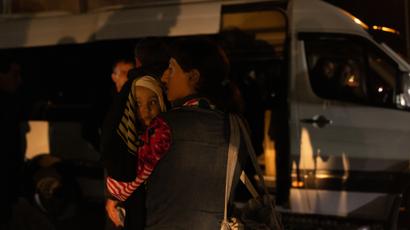
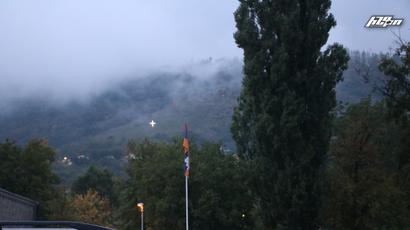
!["I don't want my children to starve, to be subjected to genocide, I want to live in Artsakh, to build our Homeland" [Blockade from the inside]](https://cdn.infocom.am/enlarge?file=2023-08-10-4865f192-ab13-4e84-beab-6232fbca7831.jpg&type=jpeg&width=410&height=230)
!["It's truly unbearable to be captive on your own land; everyone wants to live, yet the possibility of life is uncertain" [Blockade From The Inside]](https://cdn.infocom.am/enlarge?file=2023-08-07-4da13b91-9ae8-4497-a322-a6173bea598d.jpg&type=jpeg&width=410&height=230)
!["When we are in our own country, we endure whatever comes our way; the crucial thing is that we live here as Armenians, bread and hunger, though difficult, are not the primary focus." [Blockade from the Inside]](https://cdn.infocom.am/enlarge?file=2023-08-05-465609c7-c0fd-42d2-9db7-2a568a7428a5.jpg&type=jpeg&width=410&height=230)
!["I will sleep hungry, I won't even eat sweets, but in exchange, I expect to live in my motherland, Artsakh" [Blockade from the inside]](https://cdn.infocom.am/enlarge?file=2023-08-05-ab9a84b3-3f5e-4bcd-b049-5e8660312ed8.jpg&type=jpeg&width=410&height=230)
!["The fact of Artsakh not being part of Azerbaijan is of greater importance than concerns about food." [Blockade from the inside]](https://cdn.infocom.am/enlarge?file=2023-08-04-3e113b85-6b81-4589-b241-11323a00de2b.jpg&type=jpeg&width=410&height=230)
comment.count (0)